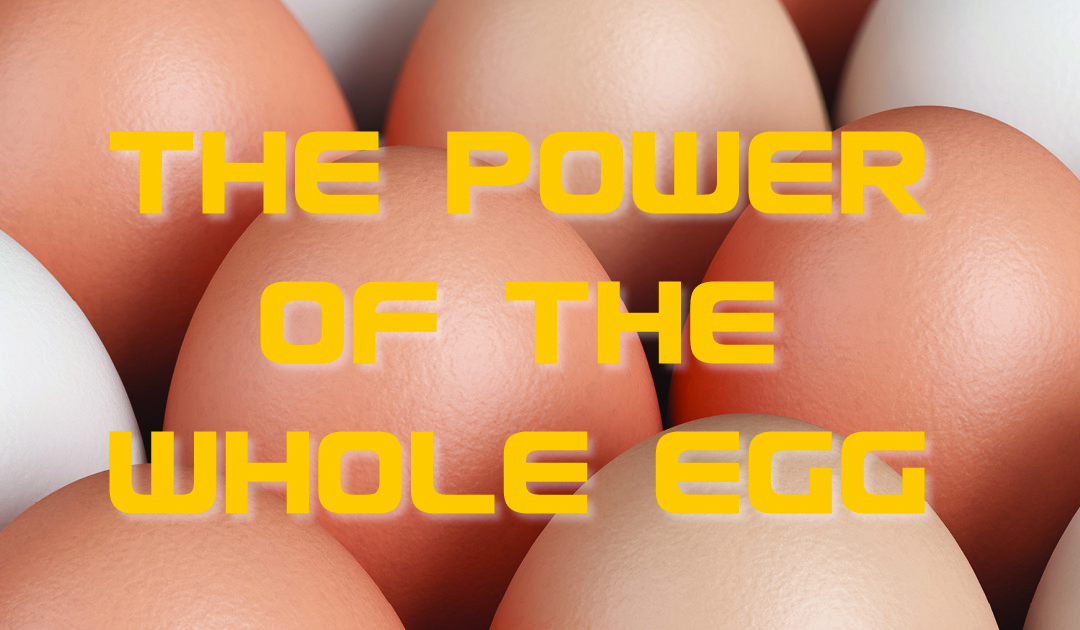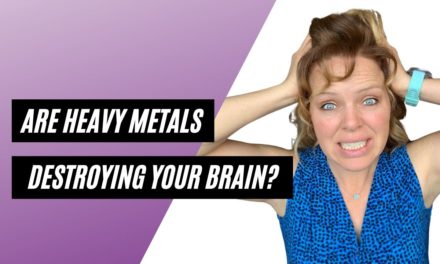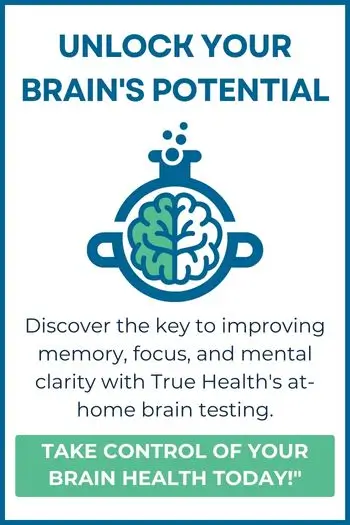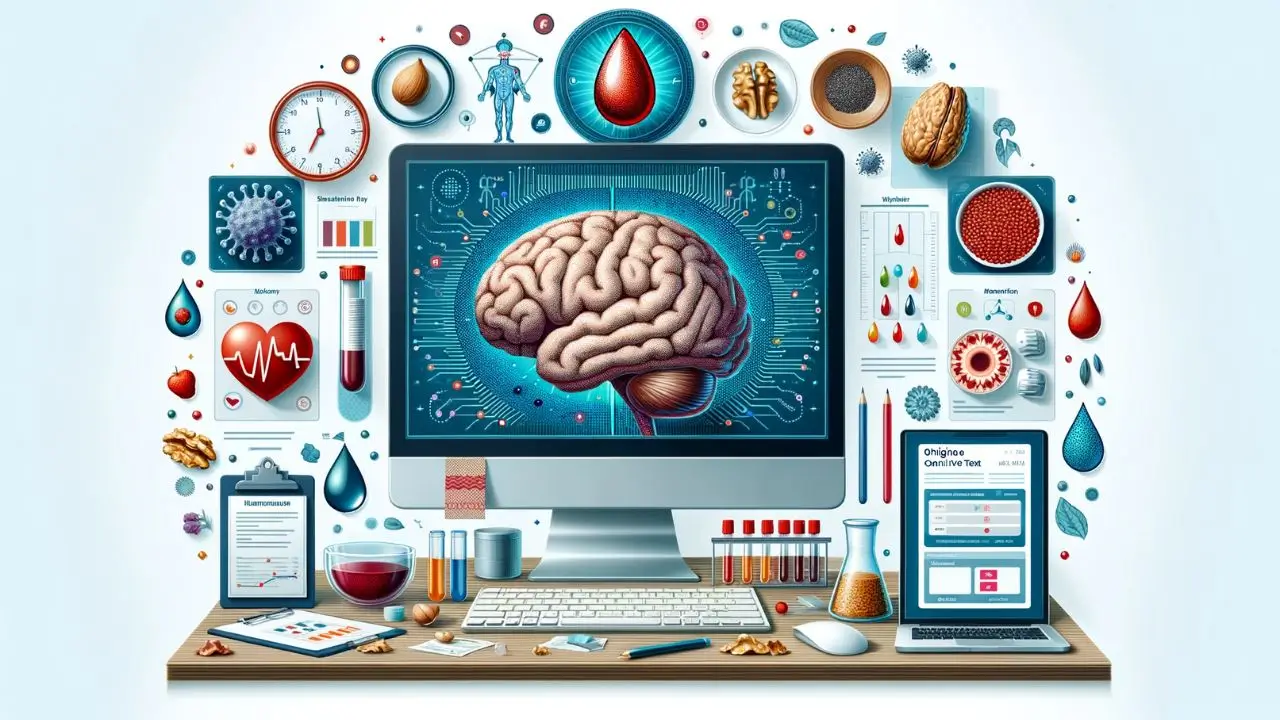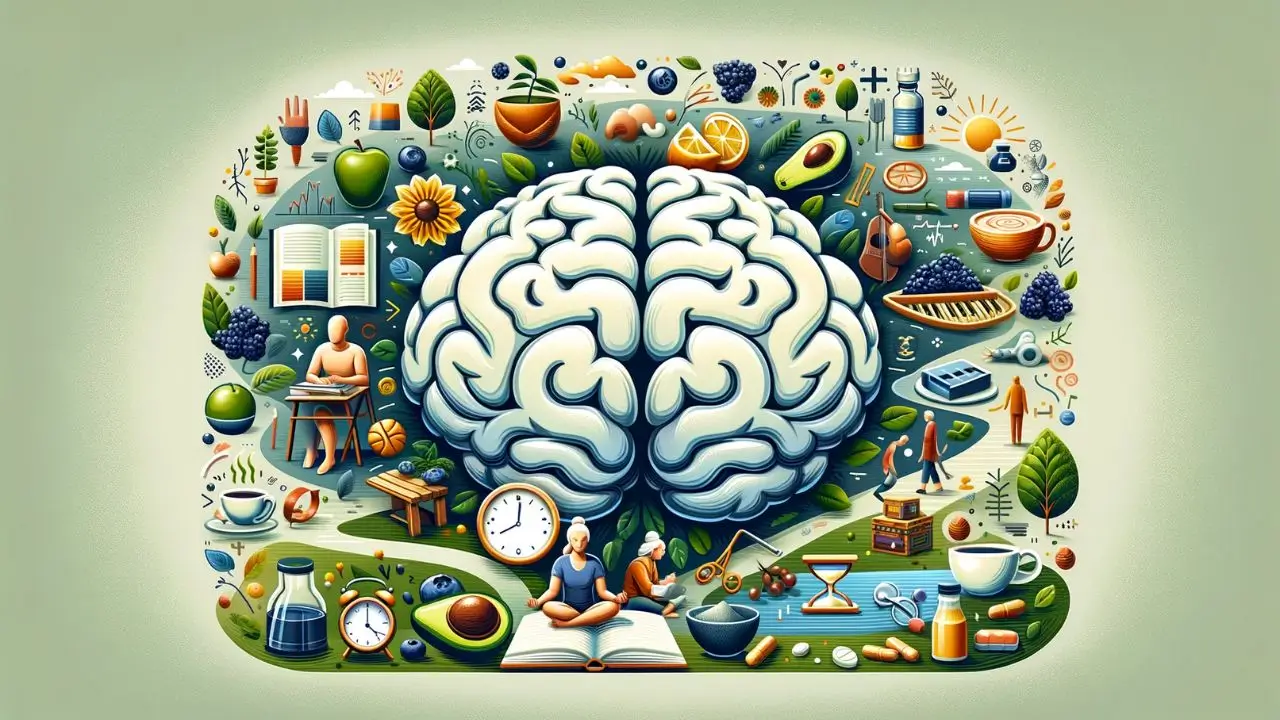The times are finally starting to catch up with the research that has been going on for the past number of decades in regards to eating whole eggs. We’ve been told for a number of years to avoid eating egg yolks as they will increase cholesterol levels and, as a result, are linked with heart disease and coronary artery disease. Thankfully, this thought-process has been proven wrong time and time again. In fact, there are plenty of studies that show eating whole eggs by no means increases cholesterol levels and even helps to improve cholesterol levels.
The Truth About Cholesterol
Cholesterol is incredibly important for the health of so many systems in the body. Two of the most important systems are the nervous system and the endocrine system. Did you know that your brain is 70% fat and 20% cholesterol? Every hormone your body produces is also predominantly made up of fat and cholesterol. Over the past number of decades, Americans have been told to stay away from both saturated fats and cholesterol. Here’s a question, do you think maybe all the increases in dementia, Alzheimer’s, ADD/ADHD, thyroid problems, infertility, low testosterone, etc. might be in relation to the lack of these nutrients in our diets that are the primary building blocks of these two crucial systems? I can tell you that we have had patients improve their blood markers related to low testosterone, thyroid problems, diabetes all based on eating high fat, high protein, and low carbohydrate diet. Also, many of the kids diagnosed with ADD/ADHD improve with removing gluten from the diet and increasing healthy fats and cholesterol.
Nutrient-Dense Powerhouse
Eggs have been given a bad wrap for far too long. They are loaded with nutrients: vitamins A, B2, B5, B6, B12, D, E, and K, Folate, Selenium, Calcium, Phosphorus, and Zinc. One whole egg only has all of these nutrients plus 6g of protein and 5g of healthy fats all for only 77 calories. They contain nearly everything we need, which is why they’ve been named a perfect food for humans. They are high in cholesterol but don’t adversely impact cholesterol levels. Keep in mind, cholesterol in the diet doesn’t necessarily raise cholesterol levels in the blood.[1,2] Eggs help improve HDL cholesterol (the “good” cholesterol). In general, medicine suggests HDL levels greater than 59 are considered to have a reduced risk of heart disease, stroke, and other diseases.[3,4,5,6] Eggs contain choline. Choline is incredibly important for proper nervous system function and is the main building block in all cell membranes. A study suggested that nearly 90% of Americans are deficient in choline.[7] Eggs contain lutein and zeaxanthin, two important antioxidants for eye health. Research has shown that consuming adequate amounts of these nutrients reduces the risk for cataracts and macular degeneration (blindness).[8,9] Egg yolks also contain high levels of vitamin A. Deficiency in vitamin A is the most common cause of blindness worldwide.[10] Eggs have been known to be the perfect protein in the workout industry for decades. This is because they contain all of the essential amino acids and in the perfect ratio. Eggs are also very satisfying, which helps in weight loss.
In one study, overweight women who eat eggs for breakfast instead of bagels automatically ate fewer calories for the following 36 hours.11
Bottom line, eat eggs….the whole egg on a regular basis. They’re perfect for breakfast, lunch, snacks and even at dinnertime.
Are you worried about your cholesterol levels or have you been told you need to go on a cholesterol-lowering medication? Get the facts about YOU by knowing your whole health score. Learn more at Core Health Labs.
References:
- http://www.sciencedirect.com/science/article/pii/0026049565900028
- http://www.ncbi.nlm.nih.gov/pubmed/22037012
- http://europepmc.org/abstract/MED/11374850
- http://www.ncbi.nlm.nih.gov/pubmed/21296318
- http://circ.ahajournals.org/content/79/1/8.short
- https://stroke.ahajournals.org/content/31/8/1882.full
- http://www.fasebj.org/cgi/content/meeting_abstract/21/6/LB46-c
- http://www.iovs.org/content/47/6/2329.short
- http://www.iovs.org/content/44/6/2461.short
- http://onlinelibrary.wiley.com/doi/10.1038/npg.els.0002106/abstract
